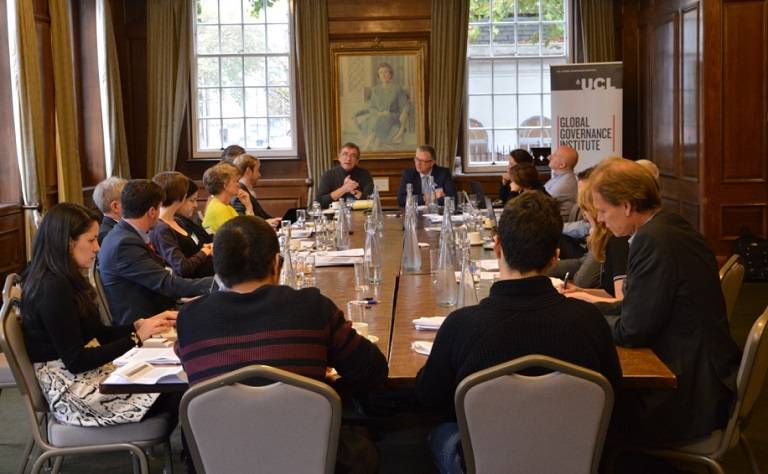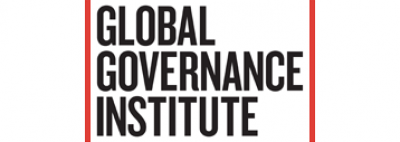The Prohibition of Torture: Future Priorities for Research, Policy and Practice
20 December 2017
What are effective measures to prevent and prohibit torture and ill-treatment and ensure access to justice and remedy for victims? This report takes stock of priorities for research and practice.

Report drafted by Julia Kreienkamp, UCL
The prohibition of torture and other forms of cruel, inhuman, or degrading treatment or punishment is one of the most fundamental principles of international human rights law. As an absolute and universal norm, the ban on torture cannot be derogated under any circumstances, not even in a state of war or public emergency. States are not just obligated to refrain from using or condoning torture, they are also required to take positive measures to prevent its occurrence, protect and support victims, investigate any allegations of torture, and prosecute those responsible.
And yet, torture and ill-treatment continue to be practiced in all parts of the world, including in some of the most democratic countries. Impunity is widespread and many torture survivors remain unacknowledged, unsupported and without redress. In his address in London on the International Day in Support of Victims of Torture in June 2017, Zeid Ra'ad al-Hussein, UN High Commissioner for Human Rights, warned that the absolute prohibition of torture is at risk of being undermined by the rhetoric of political leaders "who only see human rights as a tiresome constraint."
How can the prohibition of torture be enforced in practice? What are effective mechanisms, procedures and processes to prevent torture and ill-treatment? How can we ensure access to justice and remedy for victims? And how can continued public and political support for the prohibition of torture be secured in an age of rising populism, public insecurity and ebbing enthusiasm for human rights?
These were some of the questions discussed at the inaugural workshop of the 'UK Network on the Prohibition of Torture', hosted jointly by the UCL Institute of the Americas, the UCL Global Governance Institute, UCL Laws and the Centre for Human Rights Law at SOAS on 2 November 2017. The workshop brought together leading practitioners, policy-makers and academics to consider key priorities for future policy and research agendas and assess possibilities for scaling up collaboration. This report serves as a summary of the workshop's discussions, which were held under Chatham House Rule.
To access the full report: The Prohibition of Torture: Future Priorities for Research, Policy and Practice (PDF)
 Close
Close


